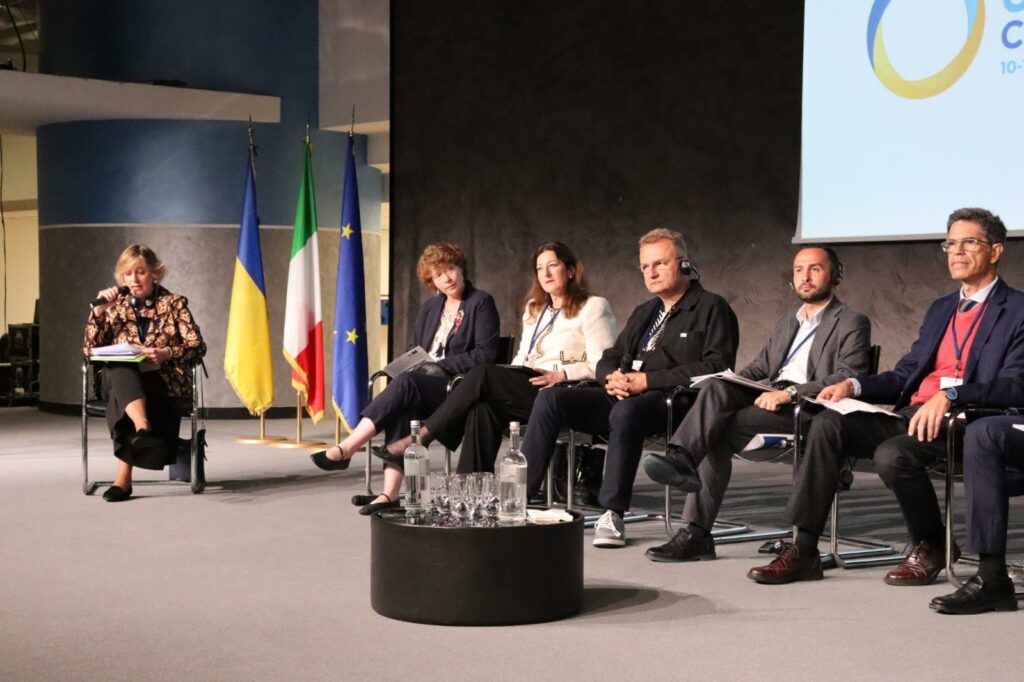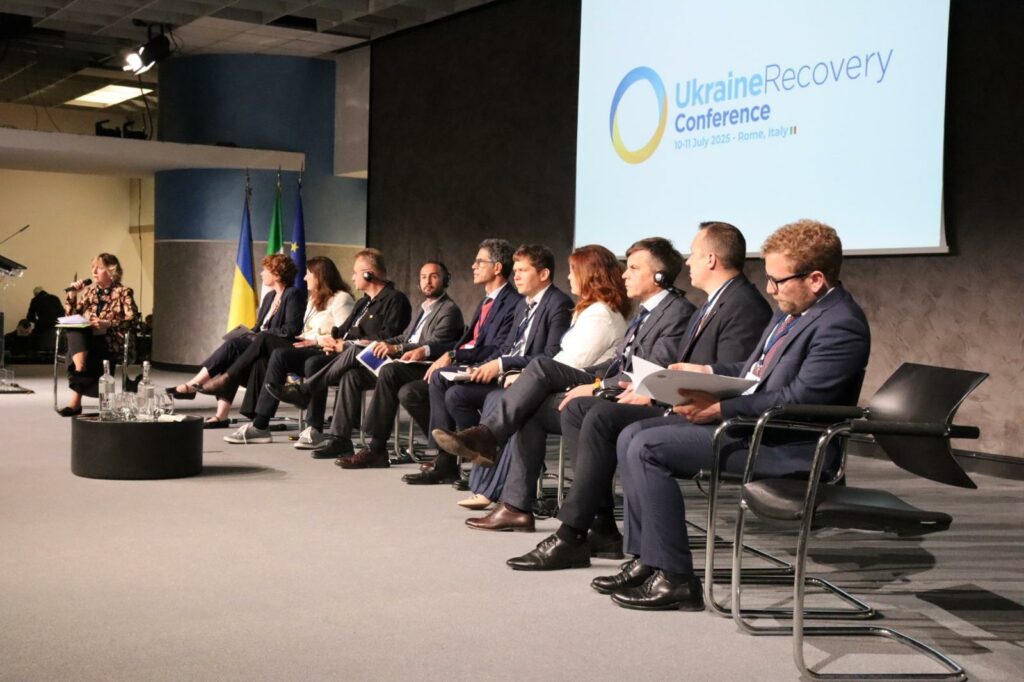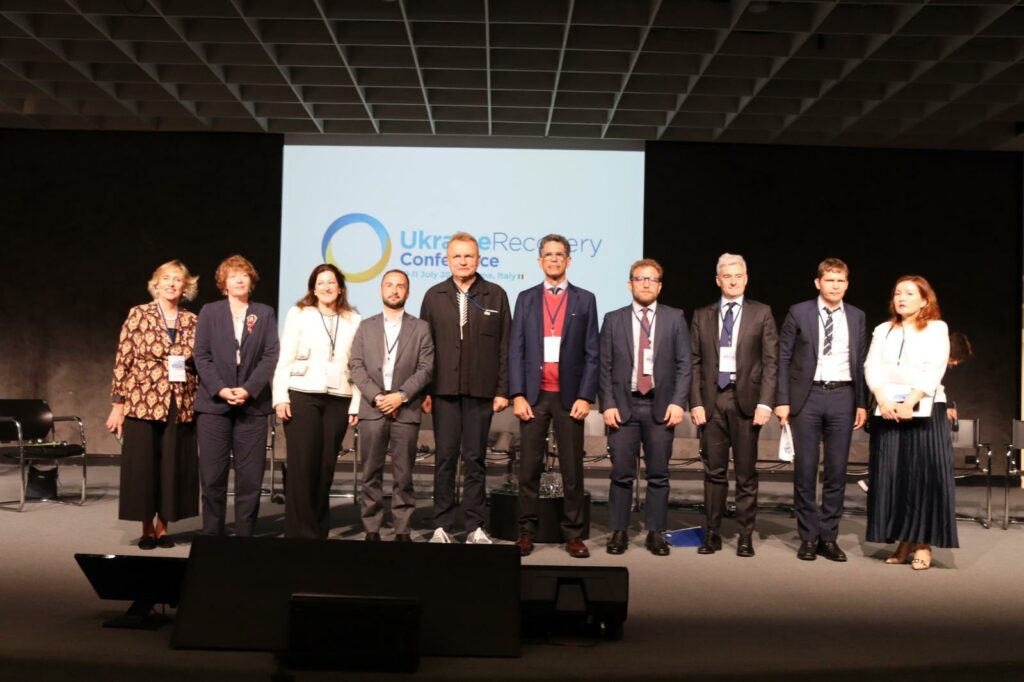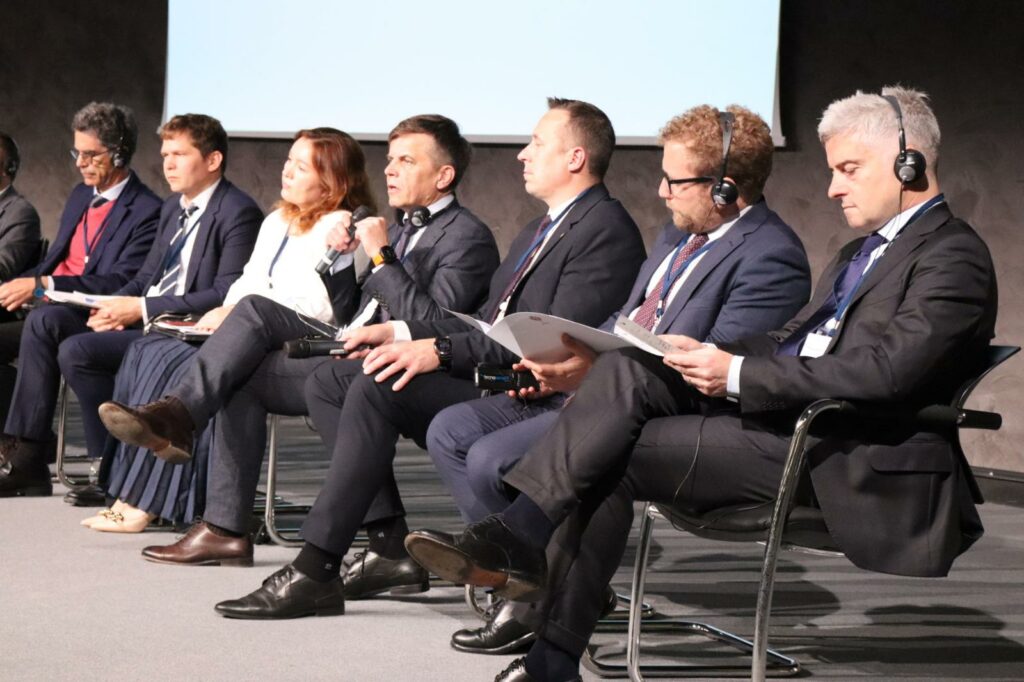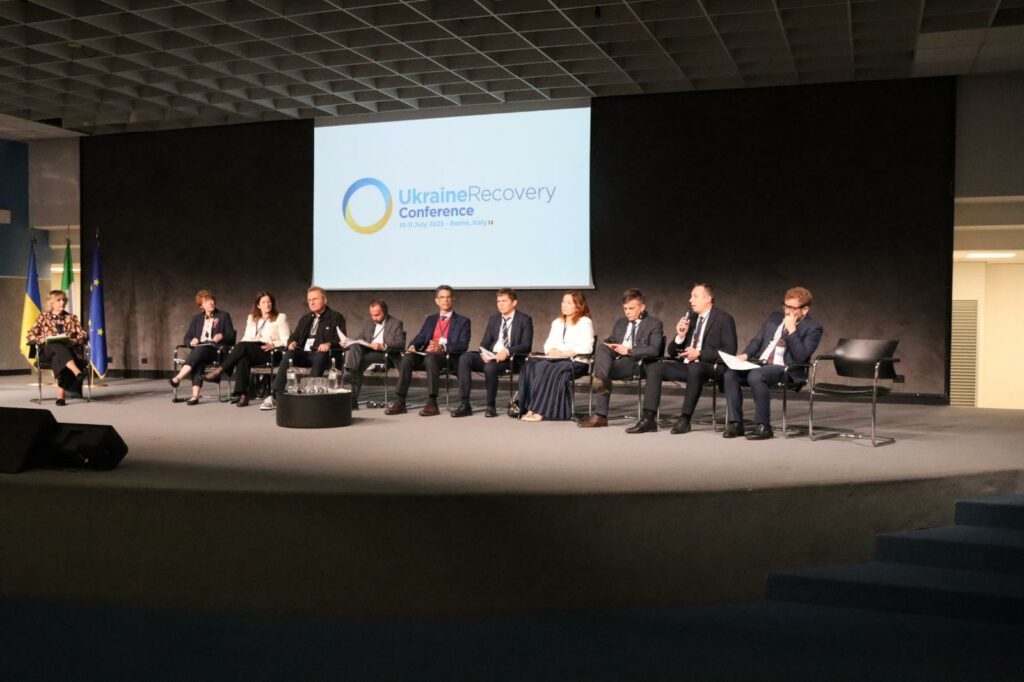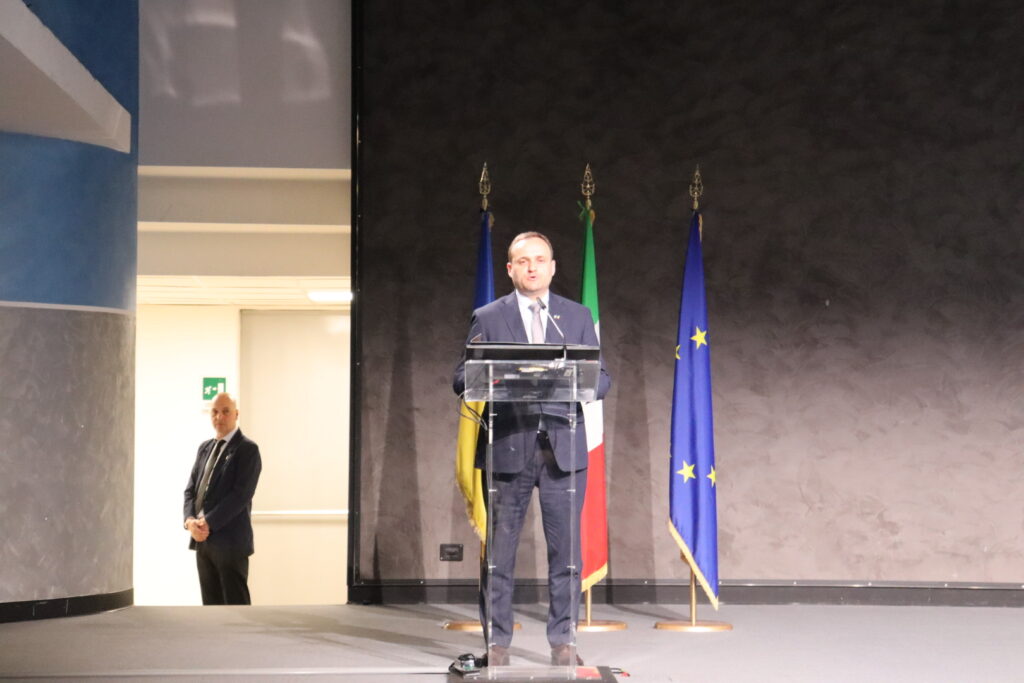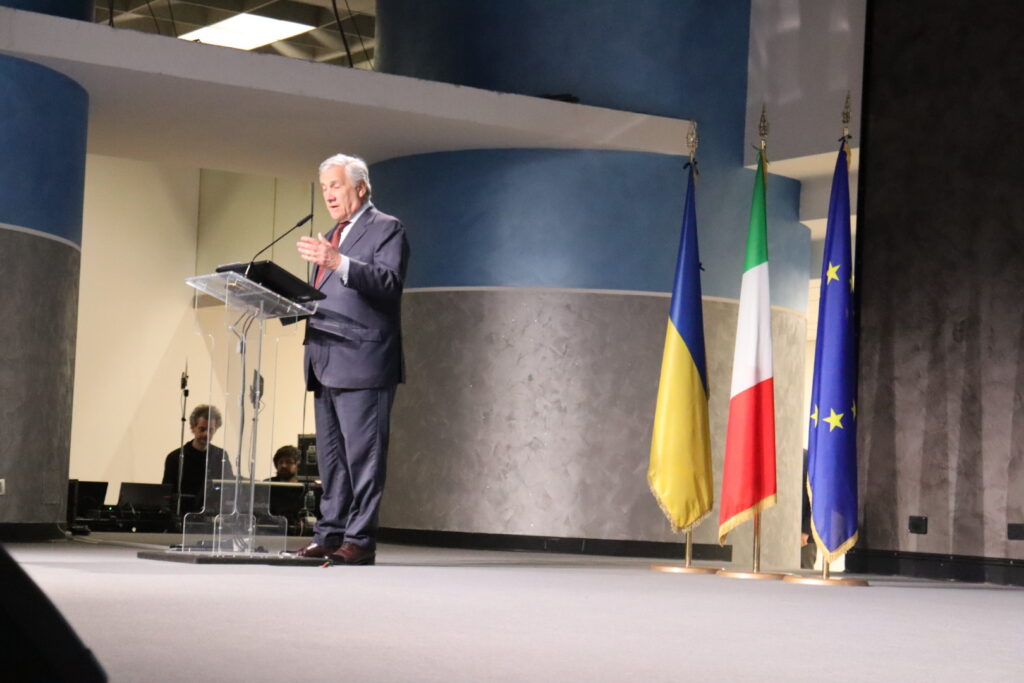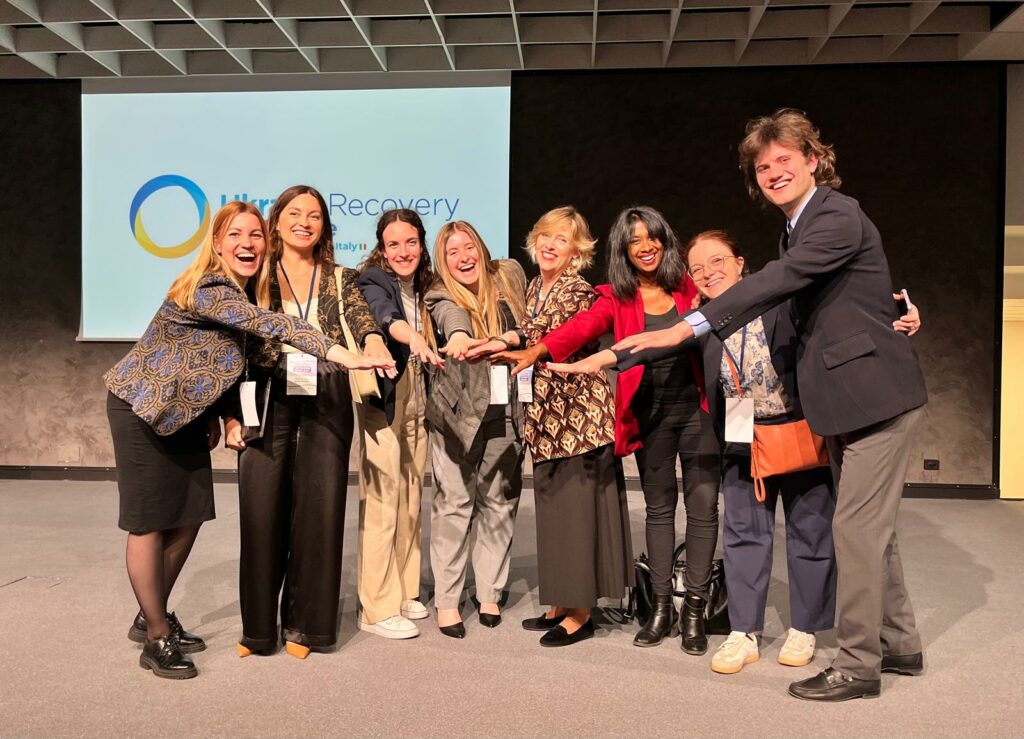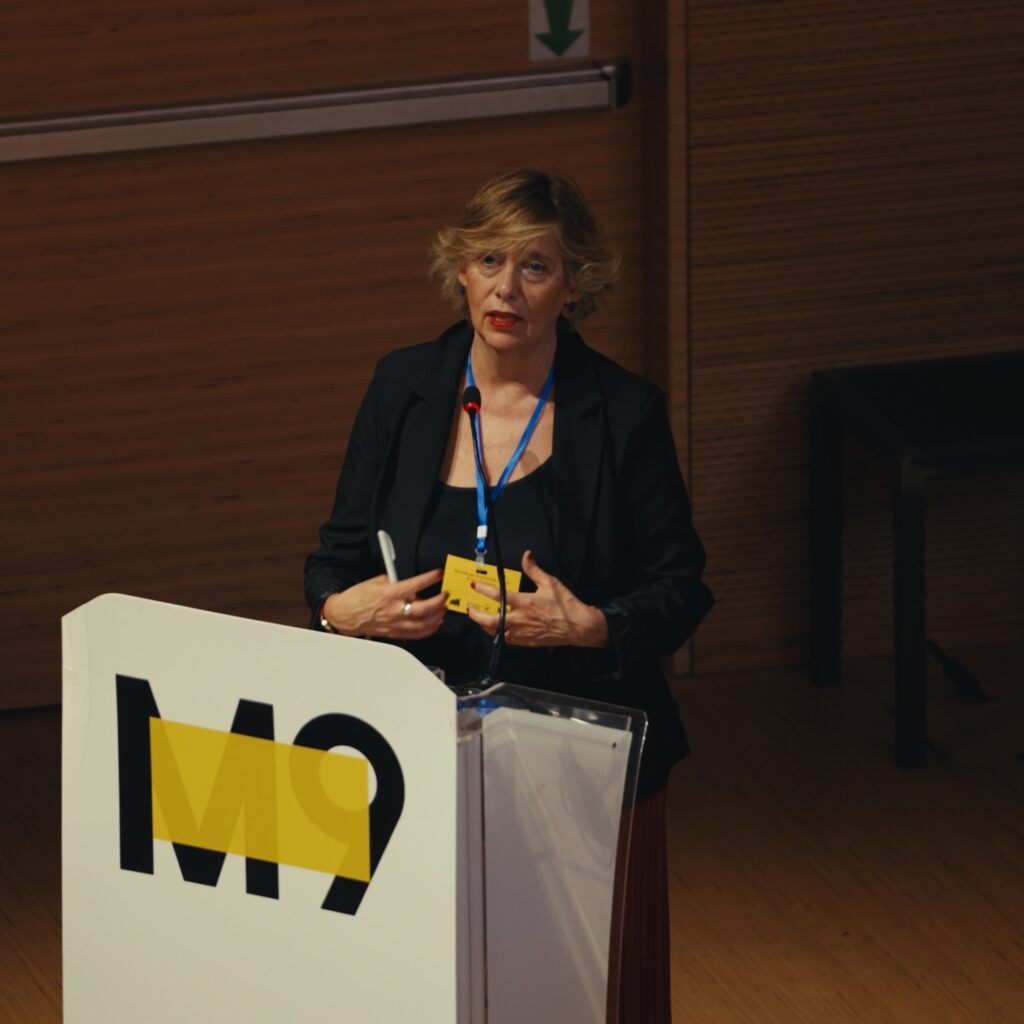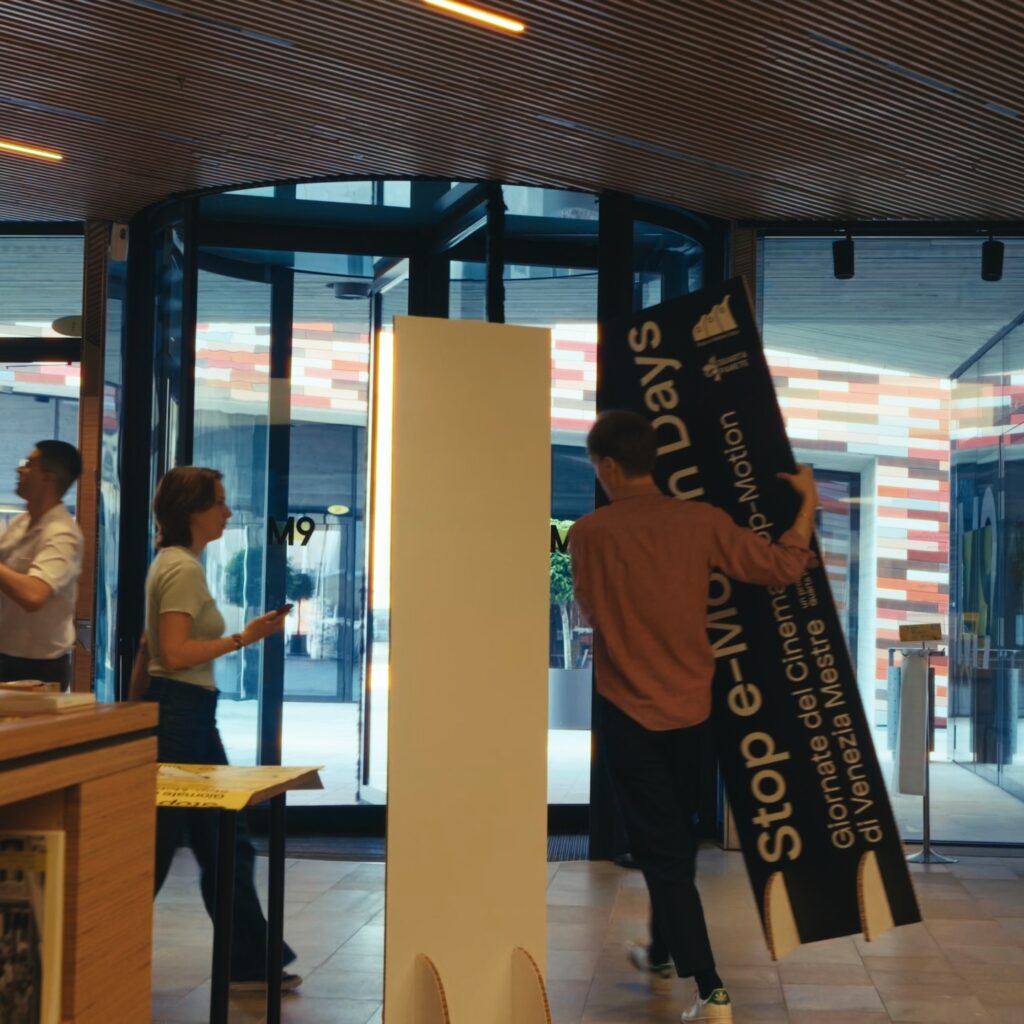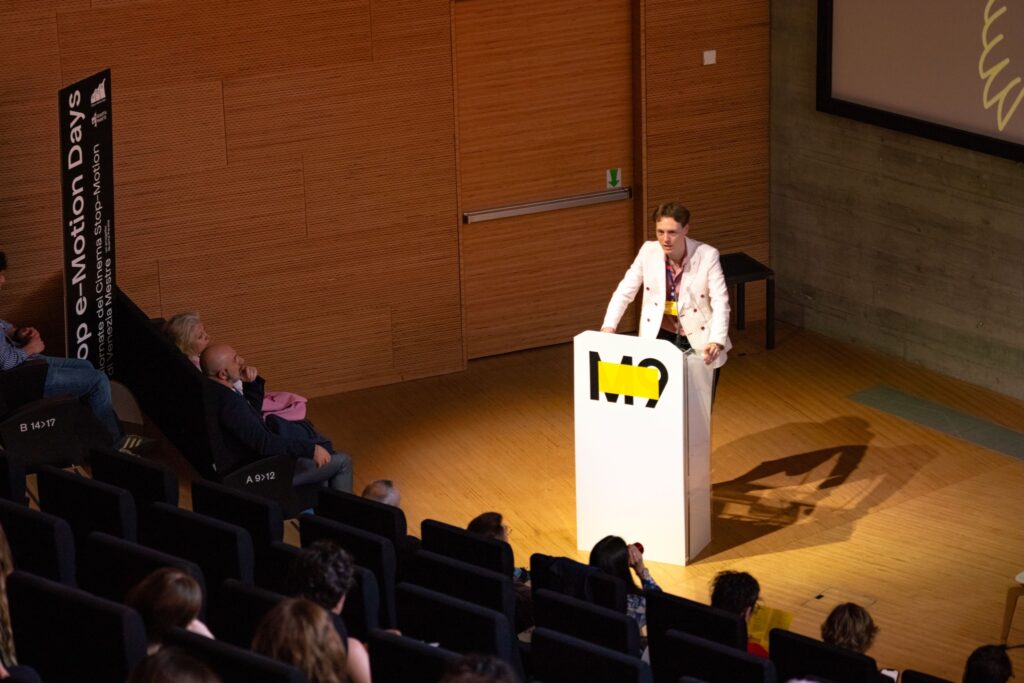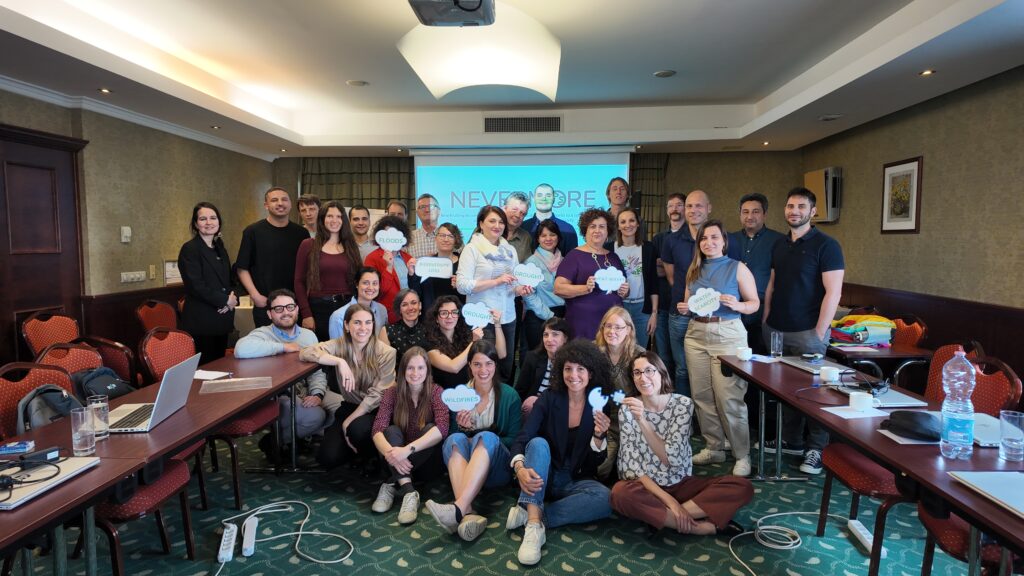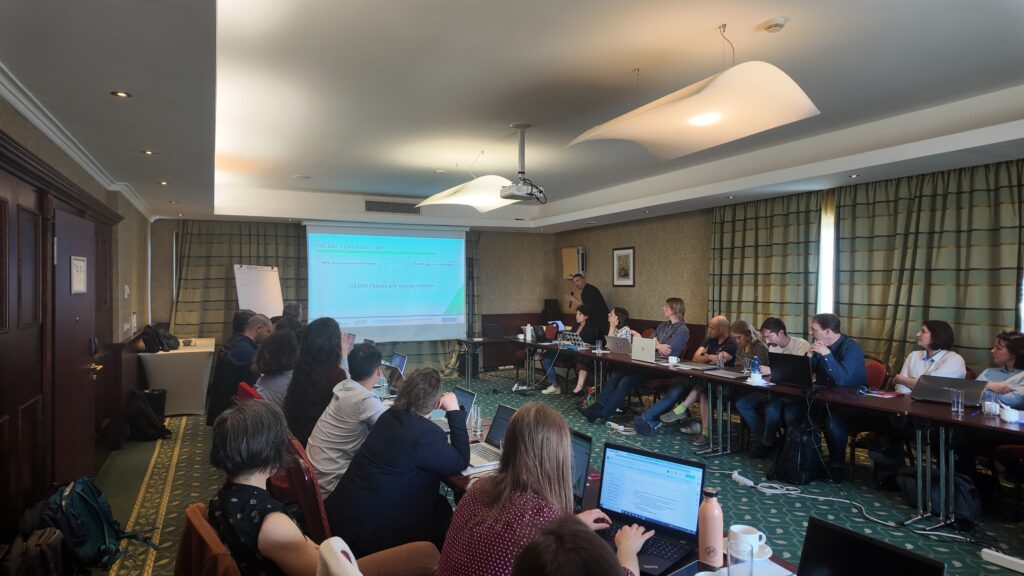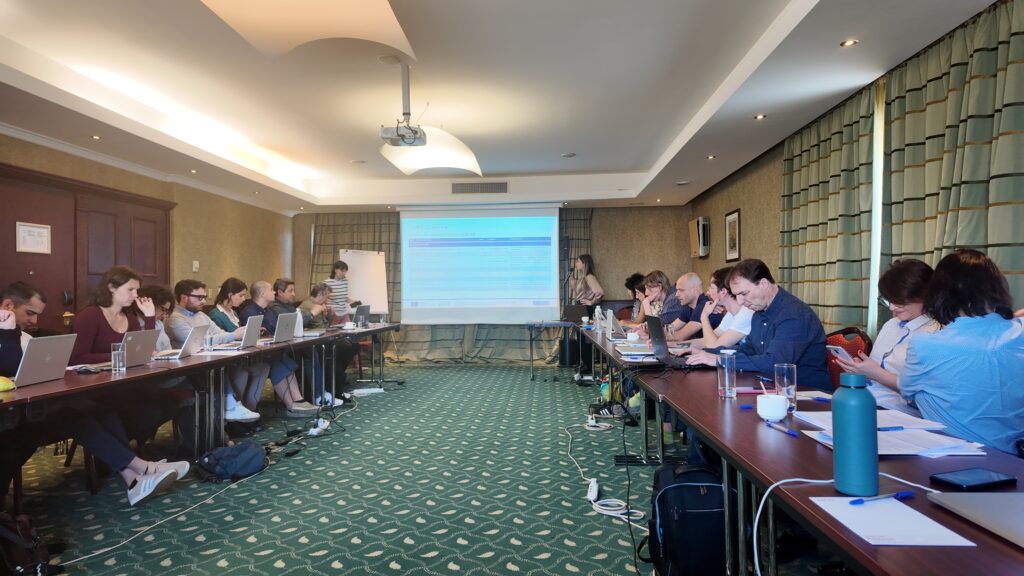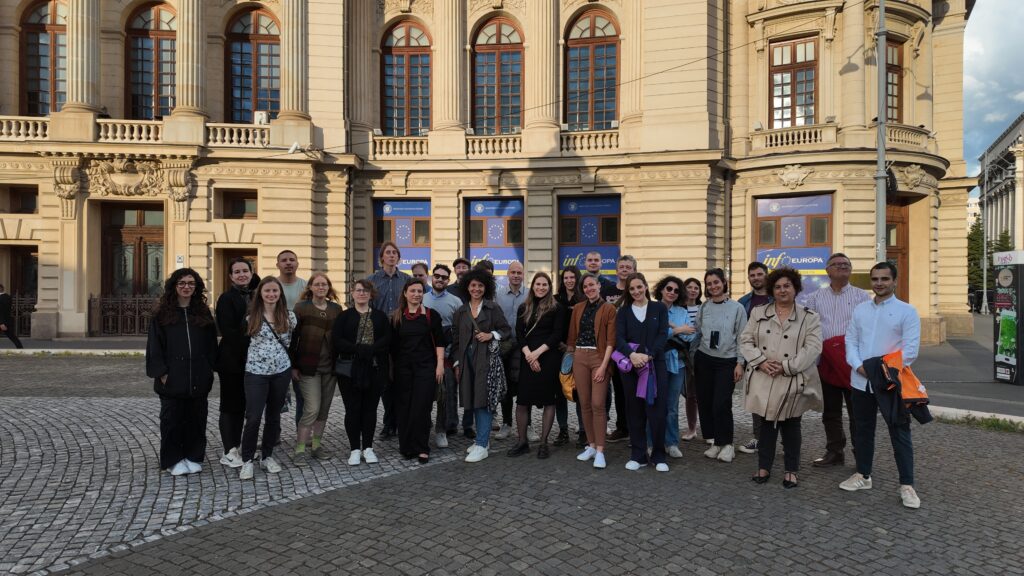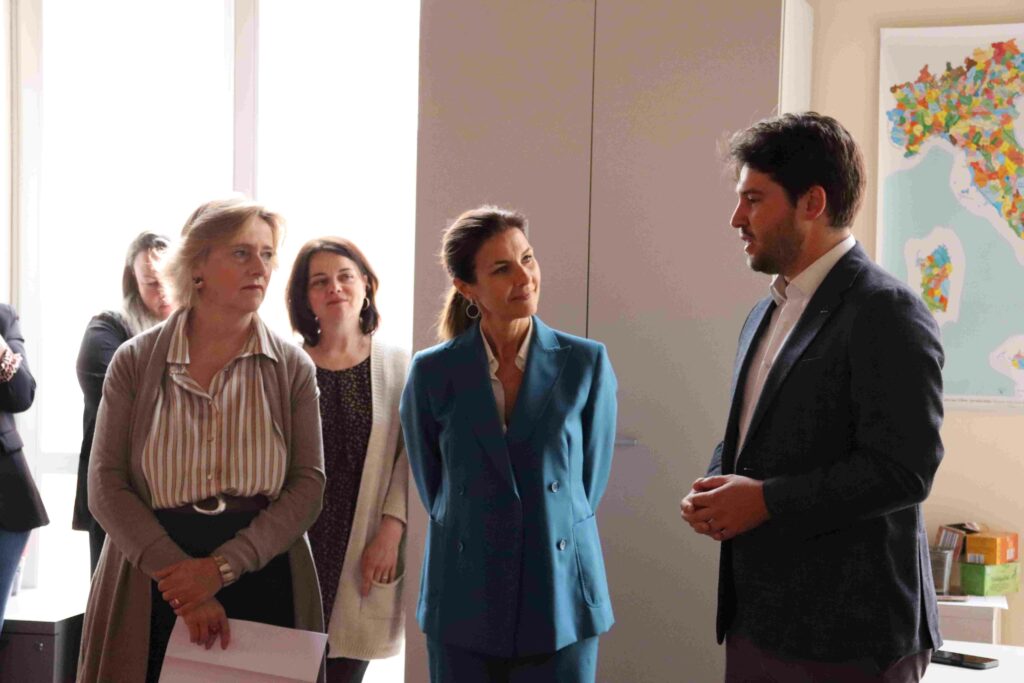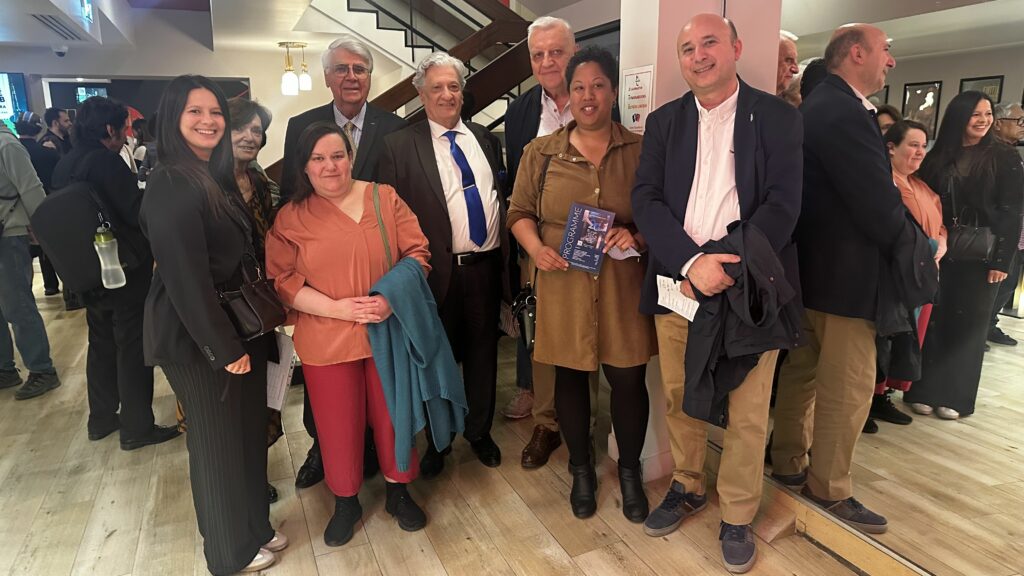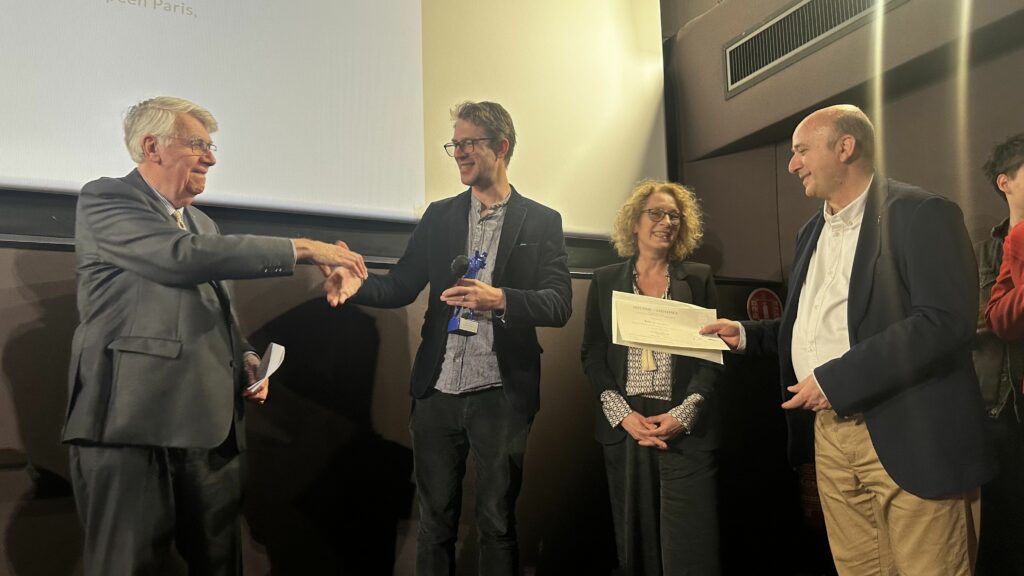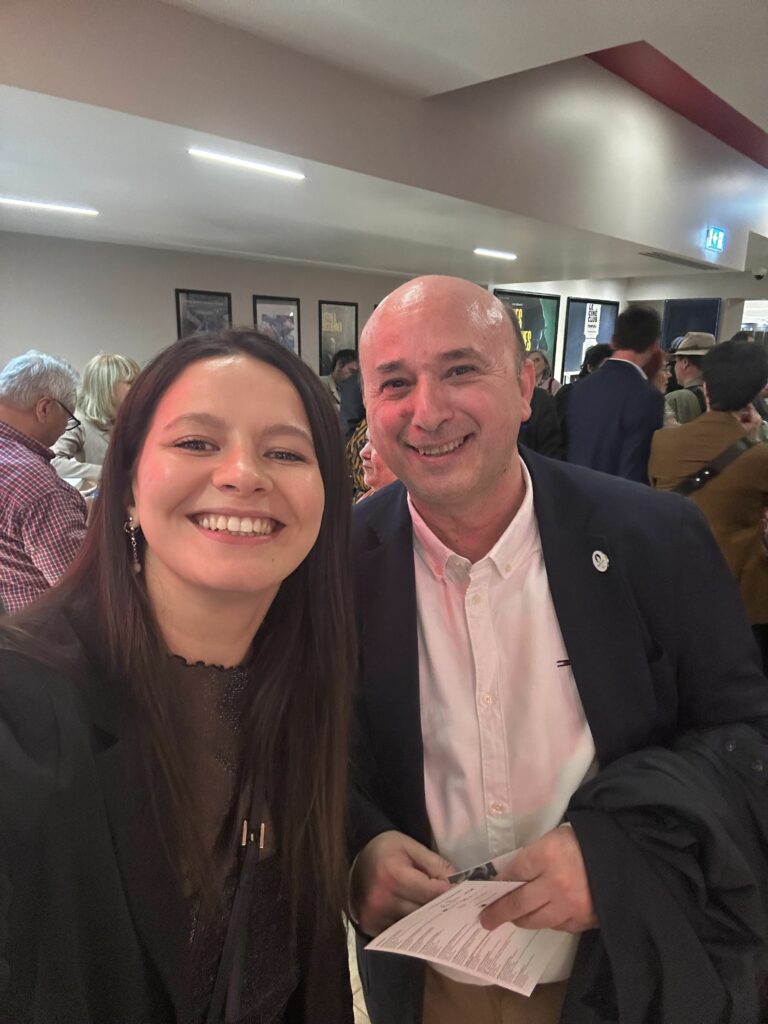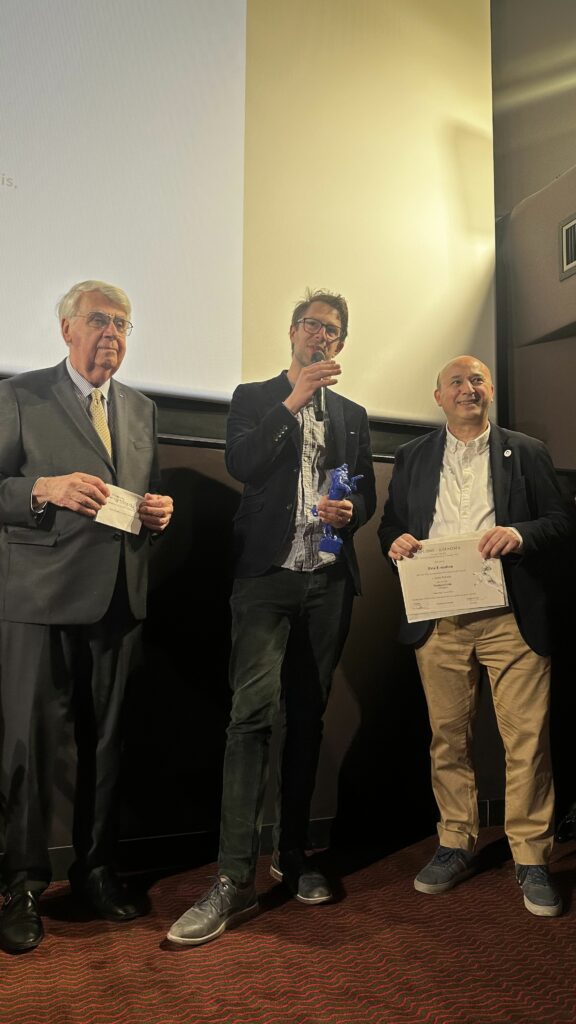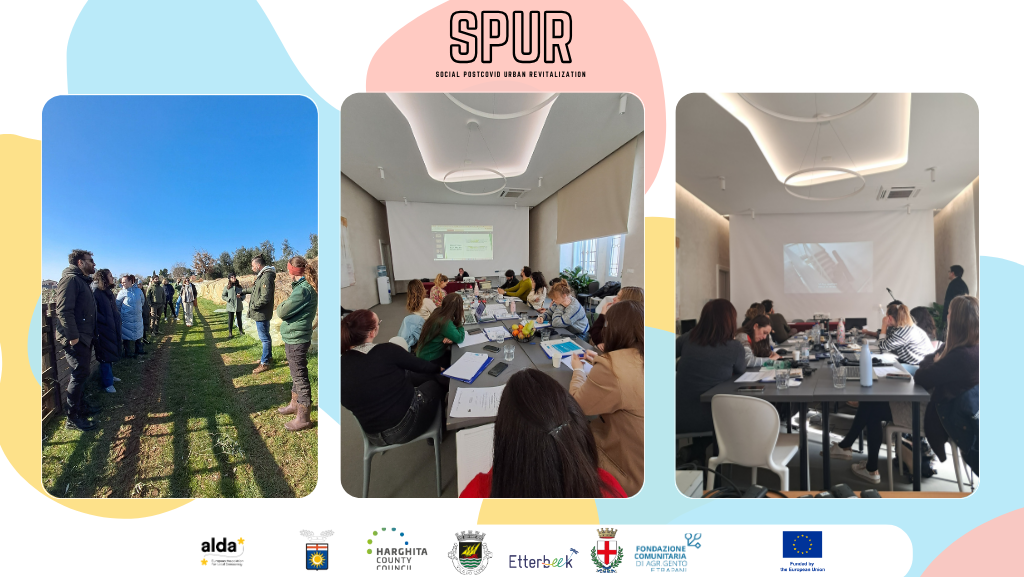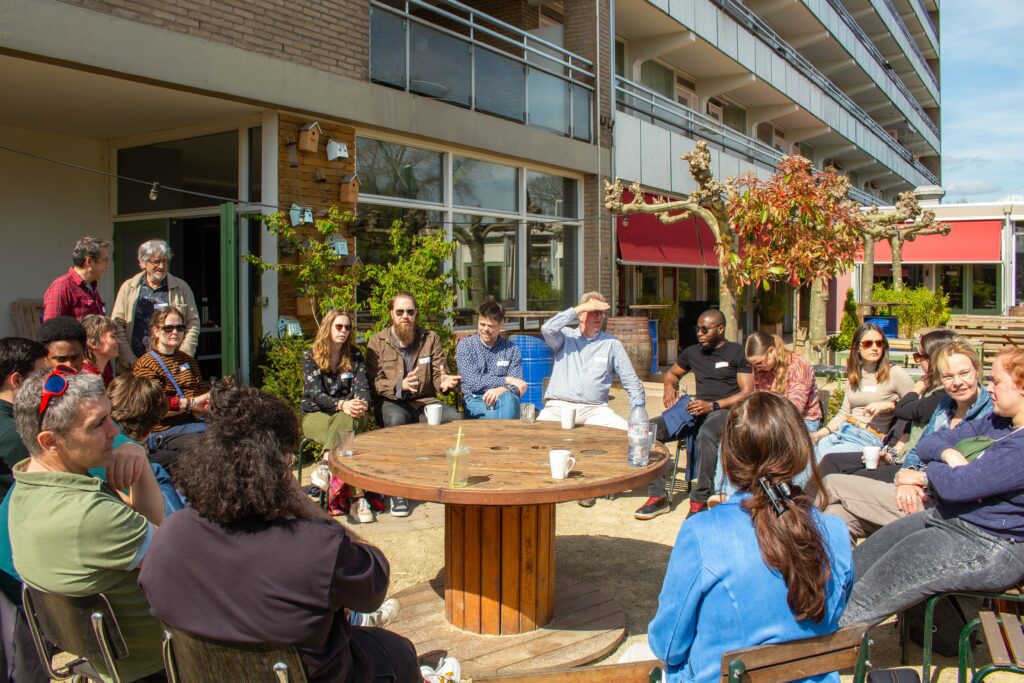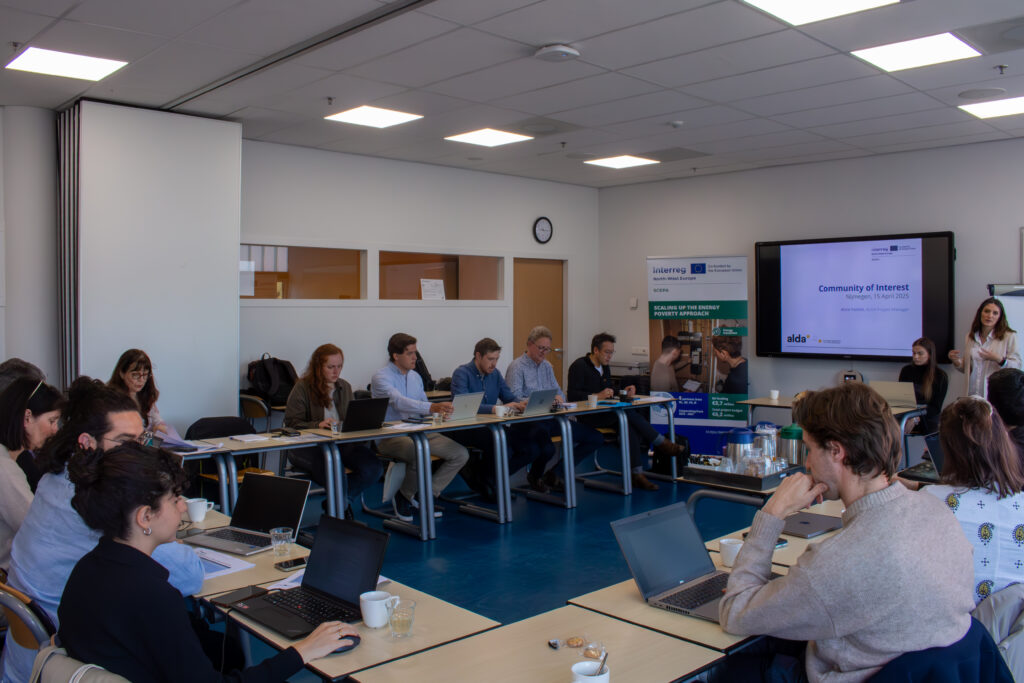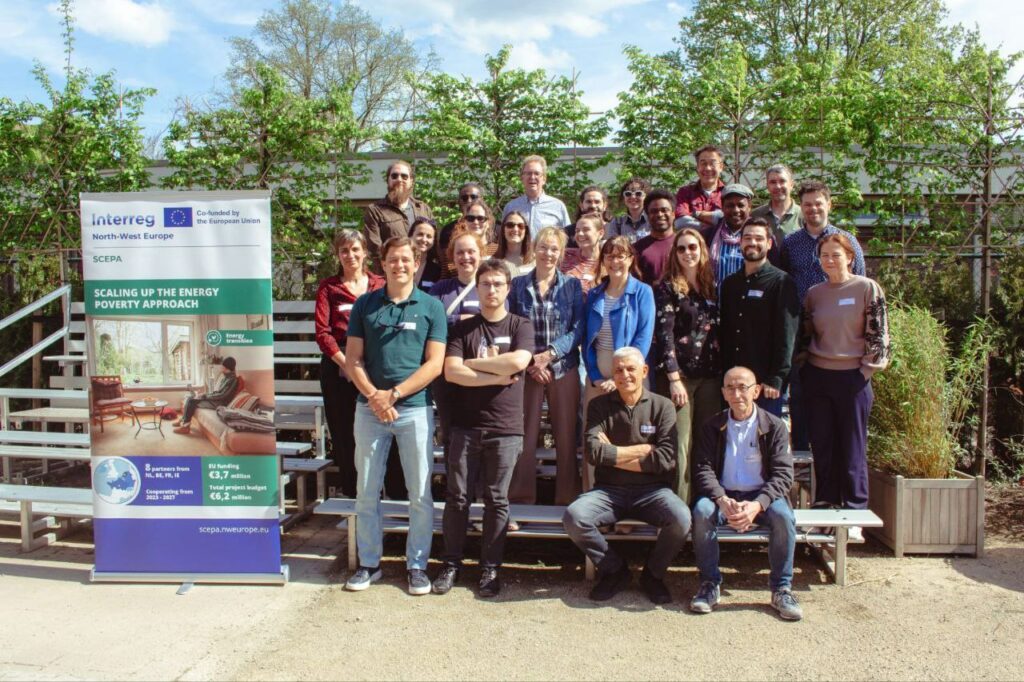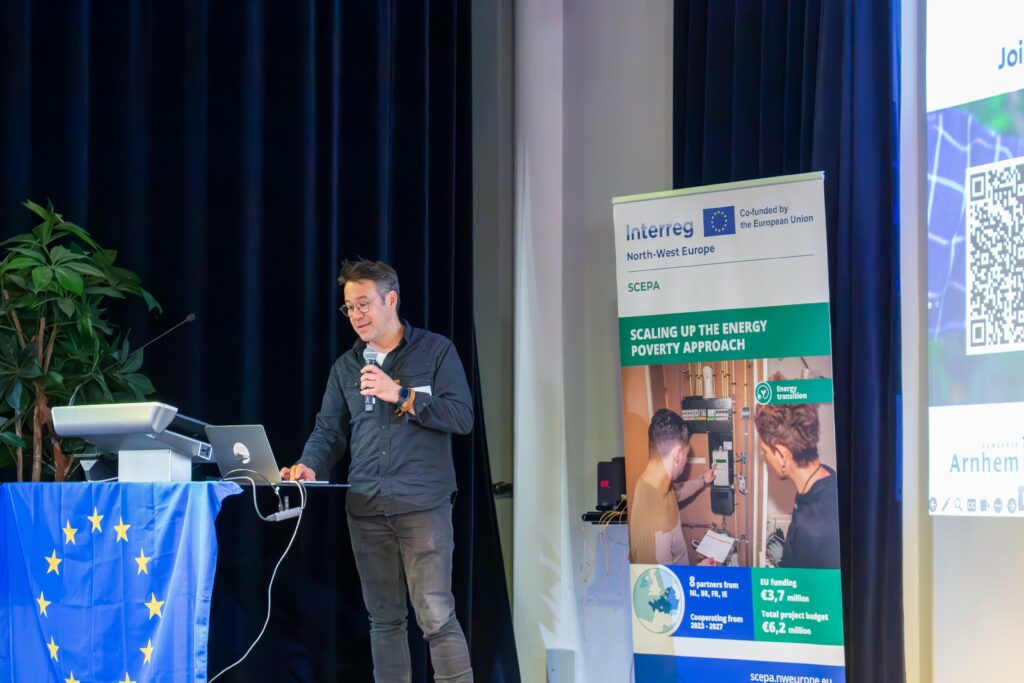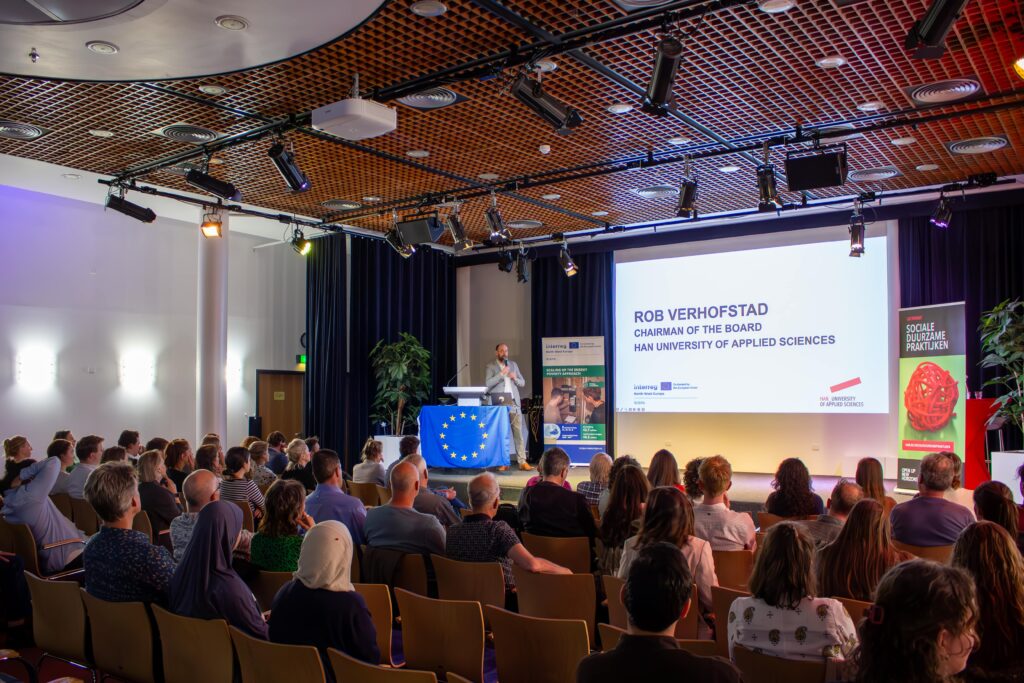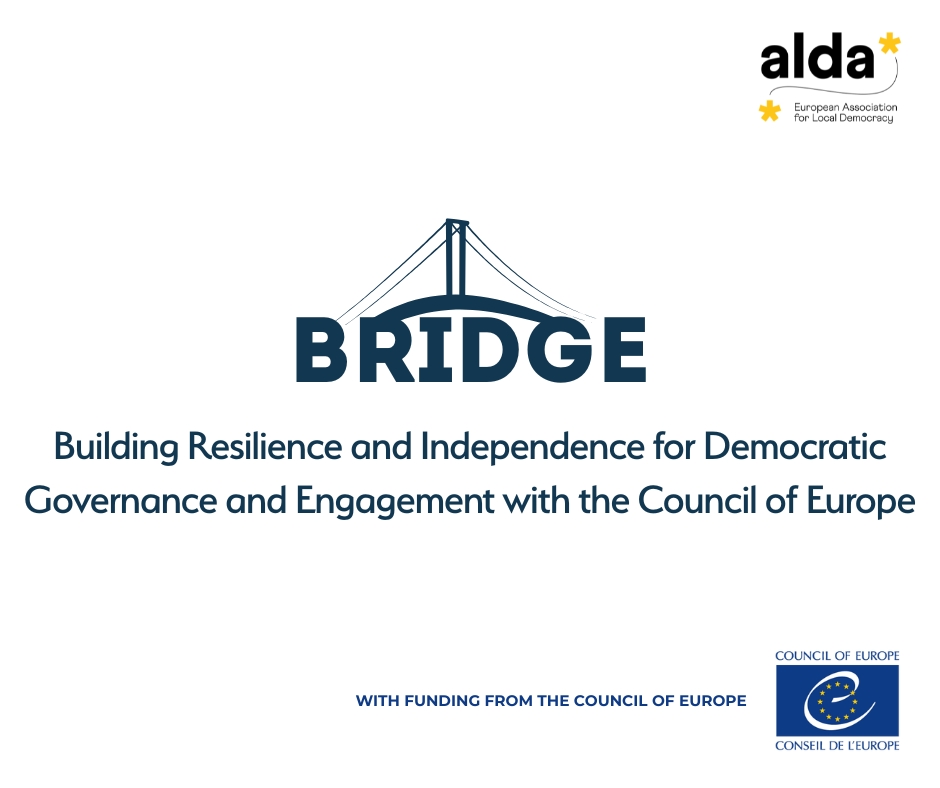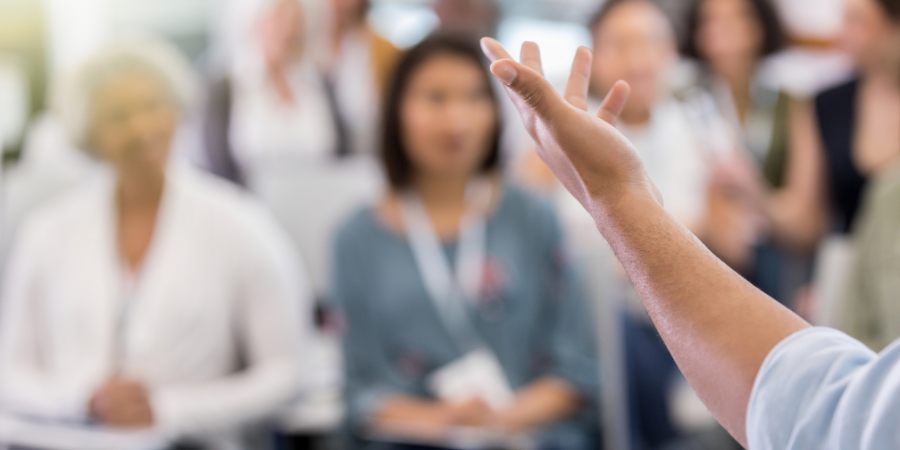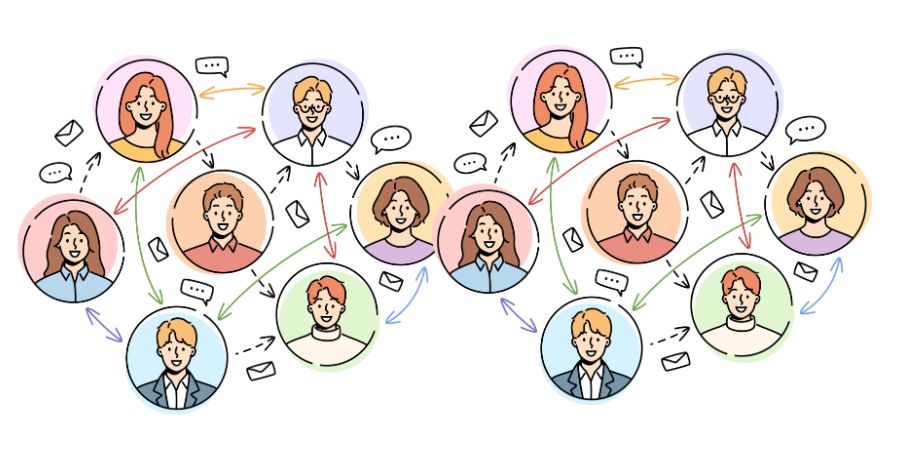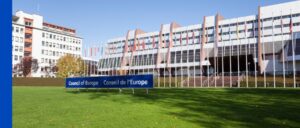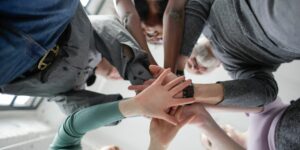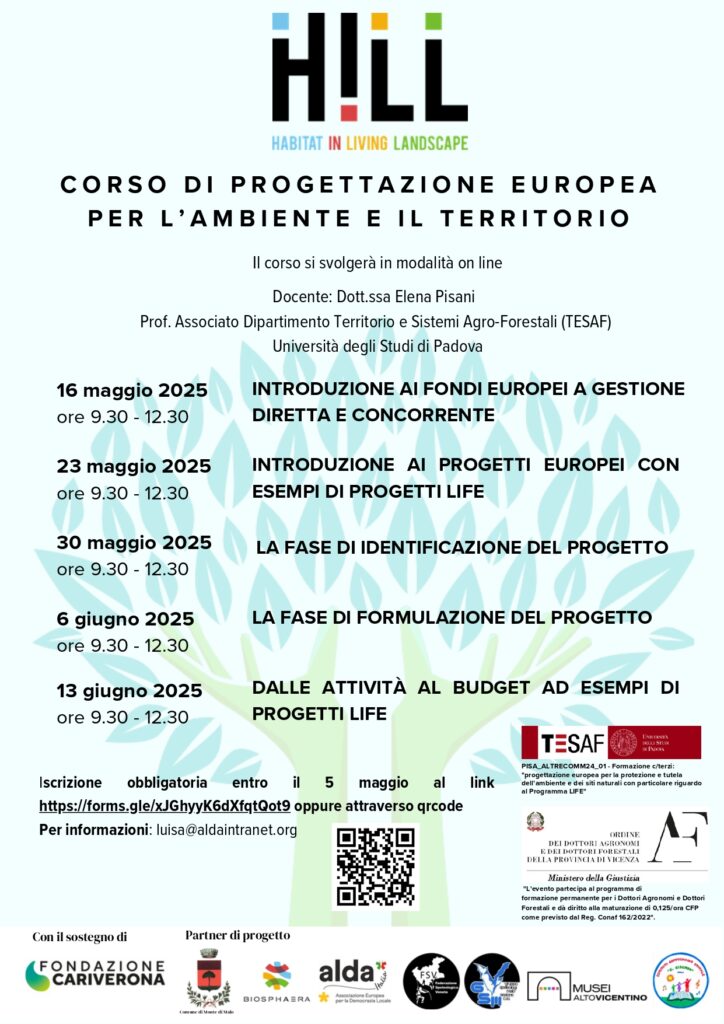On Monday 12 May, ALDA – the European Association for Local Democracy – took part in the high-level conference “On the Road to URC 2025 – Local and Regional Dimensions”, held in Verona and jointly organised by the Italian Ministry of Foreign Affairs, the Ministry for Communities and Territorial Development of Ukraine, and the Italian Trade Agency (ICE).
The event, which featured the presence of Italian Foreign Minister Antonio Tajani and Ukrainian Minister Oleksii Kuleba, focused on the crucial contribution of local and regional authorities and the private sector in rebuilding Ukraine in a sustainable and inclusive way.
Marking a key milestone in the lead-up to the Ukraine Recovery Conference 2025 (URC 2025), scheduled for July in Rome, the Verona event created space for exchanging good practices, strengthening cooperation, and fostering synergies between institutions, businesses, and civil society actors.
ALDA not only contributed to but also supported the organisation of the conference, reaffirming its strategic role in promoting decentralised cooperation and citizen-driven recovery.
Indeed, Antonella Valmorbida, Secretary General of ALDA, moderated the Panel 2 dedicated to the theme: “How urban innovation and local leadership can shape Ukraine’s reconstruction” – a topic fully aligned with ALDA’s mission to strengthen local democracy and empower municipalities as drivers of long-term resilience.
The panel featured high-level speakers who shared bold strategies and concrete experiences from both Ukraine and across Europe:
▪️ Giacomo Possamai, Mayor of Vicenza (Italy)
▪️ Riccardo Varone, Mayor of Monterotondo (Italy)
▪️ Andriy Sadovyi, Mayor of Lviv (Ukraine)
▪️ Seri Sukhomlyn, Head of the State Agency for Restoration and Development of Infrastructure in Ukraine, SARDI
▪️ Paweł Gancarz, Marshal of the Lower Silesia Voivodeship (Poland)
▪️ Véronique Bertholle, Co-rapporteur on the recovery and reconstruction of Ukraine of the Congress of the Council of Europe and Deputy Mayor of Strasbourg
▪️ Matteo Rivellini, Head of Eastern Neighbourhood Public Sector Division, EIB
▪️ Denis Galovy, Senior Banker, Infrastructure, EBRD
▪️ Fabio Russo, Chief MSME Development and Job Creation Unit, UNIDO
Their contributions highlighted the vital importance of urban innovation, cross-border cooperation, and municipal leadership in advancing Ukraine’s recovery – not only as a response to the destruction of war, but as an opportunity to rethink governance, economy, and social inclusion from the ground up.
➡️ Discover more about ALDA’s work on Ukraine and read our Flagship Initiative
This conference in Verona sets the stage for the upcoming Ukraine Recovery Conference 2025, taking place this July in Rome — an international gathering that ALDA will also take part in, continuing its commitment to local democracy as a foundation for Ukraine’s sustainable recovery.
